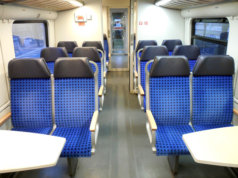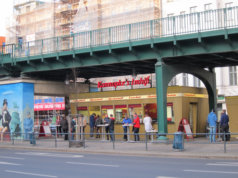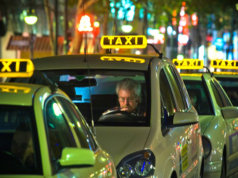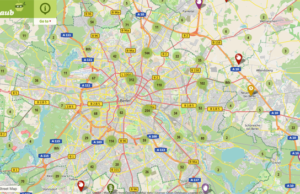For the past few months, a heated argument has been playing out between Berlin residents, Airbnb (and other home sharing platforms) and the city government.
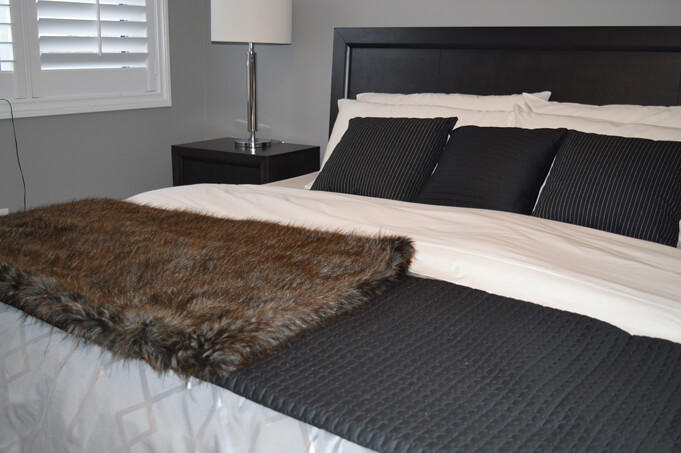
Berlin’s Airbnb Ban
The official ban went into effect May 1, 2016. Concerns over housing shortages in the ever-growing capital and rising rents were main causes. Berlin owners are prohibited from renting out entire flats or houses to visitors via sharing websites such as Airbnb. A fine of up to €100,000 is possible for those found violating the ban.
Since going into effect, the ban has faced harsh controversy. As a result, dozens of cases have been filed. In June, the court sided with Berlin over a case brought forward by four property owners who claim the ban infringes on their constitutional rights as property owners.
However, the courts have just decided on a small victory against Berlin.
Second homes are exempt
The court ruled that those who own a second home in Berlin could rent out their entire flat. This opens up the possibility of earning extra income during part of the year by allowing visitors to stay in one home, while residents still live in their primary home elsewhere
The three complainants who filed aren’t regular residents on Berlin at all. In fact, they live in Rostock (northern Germany), Denmark and Italy.
According to the court, renting out the second home does not pose a challenge for Berlin’s housing shortage. The space would normally be left unused parts of the year by the owners. Renting it out does not create a loss of potential living space.
“In terms of the availability of housing in the city, it doesn’t make a difference whether a secondary home is rented out or empty while the owner is away,” said the court.
How does this affect the future of Airbnb in Berlin?
What isn’t made totally clear by this ruling is the affect for “owners” who operate with a more commercial structure. According to data collected by airbnbvsberlin.com in January and February 2015, there were more than one thousand Airbnb users offering more than one unit. This is equal to just 10% of all users in Berlin.
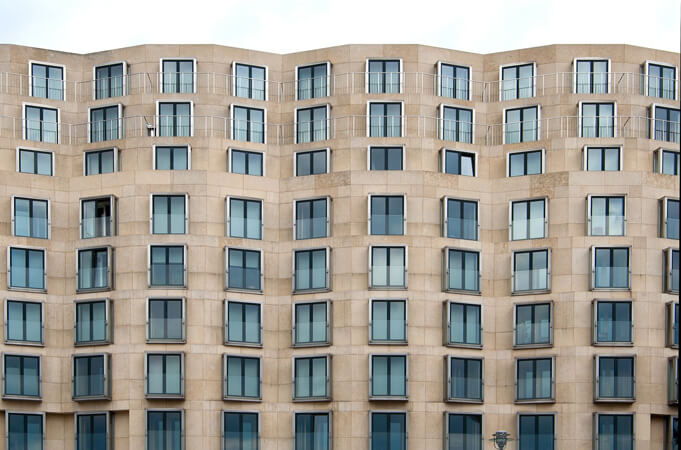
This signifies the shift from the original intention of platforms like Airbnb—i.e. sharing a space—to commercialization. Airbnb’s “power users”—those who offer a large number of flats—are (or were) spread throughout the city. There was even one individual renting out 44 flats in Berlin! With such a numerous number of listings, it’s clear there must be a commercial enterprise behind this.
The top ten users in Berlin—those who rent out the most flats—overall equal a combined 281 entire apartments or rooms!



